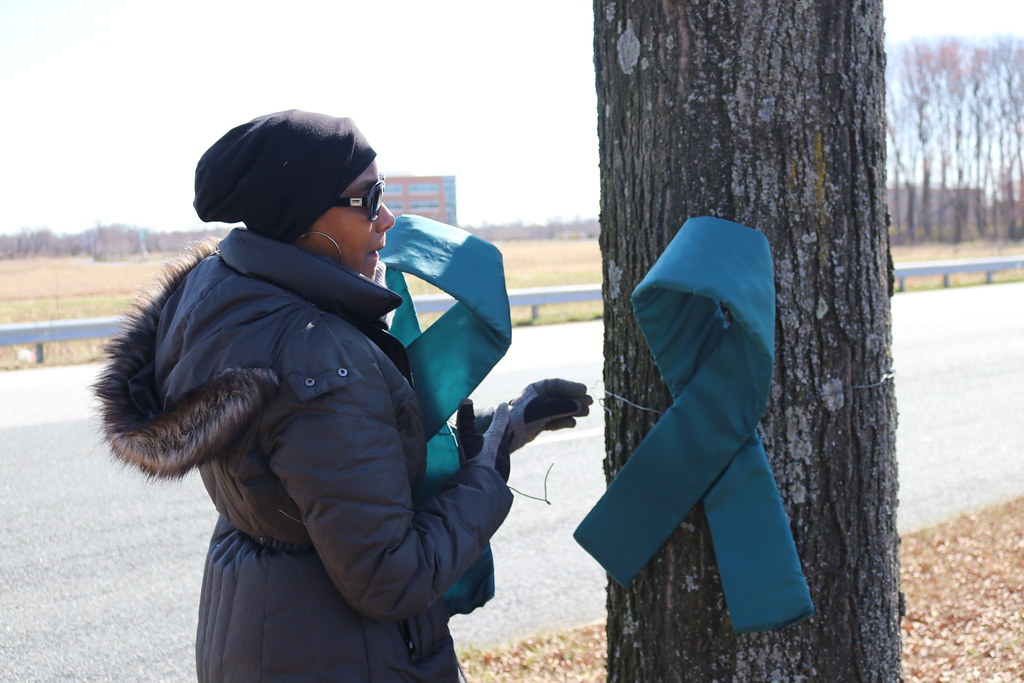When speaking to friends during late-night (and heavily wine-fueled) talks, the conversation often turns to the expectations of university we had when we were younger compared to our current realities. Remarks about our mediocre grades that never seem to rise, and our unfortunate abilities to cook a repertoire of only 4 meals (including coffee) flutter around the room; anecdotes about raging roommates and terrible Tinder hookups bounce off the walls. Eventually, the conversation turns to more distressing topics.
Many survivors are left feeling unheard, unvalued, and scrutinized for their trauma by both their peers and the administration.
The overwhelming majority of my friend group has experienced overly vague, majorly uncomfortable, yet exceptionally important discussions with parents and guardians about “staying safe on campus” before we came to McGill. Most of the time, they cover the basics: don’t ever lose sight of your cup, don’t walk home alone at night, don’t talk to strangers. There is an air of an awkward, heavy suffocation during the conversation, likely because even considering the prospect of sexual violence against you—or your child—while transitioning into university (and adulthood) is a disturbing thought. When dealing with a campus like McGill, however, these conversations are absolutely necessary.
McGill takes pride in their high status. Yet, its great reputation cannot be reconciled with the high threat of sexual assault and sexual violence on campus that characterizes the experiences of so many students. With stories of McGill on-campus sexual misconduct that gained an immense amount of traction through viral social media posts and petitions in early 2021, it’s no secret that McGill’s sexual violence policy is “archaic” at best. Many survivors are left feeling unheard, unvalued, and scrutinized for their trauma by both their peers and the administration.
To combat these feelings of judgment, student organizations like It’s On Us McGill exist as a resource for both survivor healing and supportive education. It’s On Us McGill works to achieve its goal of ending sexual violence on campus through “various workshops and creating awareness about bystander intervention” while recognizing the current threat of “sexual violence that does occur on campus.” Emily Brown, Co-President of It’s On Us McGill said, “We try to support anyone who experiences this violence.” This survivor-centric approach has proven to be crucial during the tumultuous Winter 2021 semester on campus, as Anna Cutler, Co-President of It’s On Us McGill, details how the increase of social media activism throughout the past term coincided with an increase of stress and anxiety for survivors.
Our responses to trauma are often non-linear, confusing, and twisted throughout many different veins of life.
As our campus has slowly transitioned classes and clubs into an online format due to the COVID-19 pandemic, our social lives and forms of activism quickly followed suit. Online activism has proven to be more accessible, allowing for participants to quickly and widely share crucial protest—surpassing both the physical and economic boundaries previously presented by traditional activism. This positive effect has certainly influenced our call-out culture on campus, as a recent petition combatting sexual violence on campus gained upwards of 50,000 signatures through promotion on Instagram, Facebook, and Twitter. The effects of this new wave of activism, although overwhelmingly positive, can often be triggering to the survivors on campus; with our screen times now averaging to unhealthy amounts, seeing this content is practically unavoidable without the proper social media protocol.
It’s clear that the journey of healing has grown complicated for many survivors as McGill’s sexual violence activism is becoming more mainstream. All of our relationships, including those with ourselves, have been forced to change. Cutler suggests “taking a break from social media” in order to provide survivors with the necessary distance from damaging content during their healing process. In addition, It’s On Us McGill encourages people to always put content warnings before their posts that incorporate explicit language pertaining to sexual violence in order to accommodate survivors. Survivors of sexual violence are all around us, whether they choose to speak out or remain anonymous. Therefore, a simple warning to make them feel welcome and safe in these spaces is crucial.
Safety for survivors, should they choose to report publicly or privately on campus, is a serious concern for organizations like It’s On Us McGill. Cutler mentions that the organization “supports survivors coming forward and discussing what happened to them, but are also concerned with survivors facing any legal or social retaliation for coming forward in a public format,” something that they’ve actively discussed, combatting with the McGill administration. During the events of December 2020, we saw far too many survivors being prodded to share explicit details to provide ‘legitimacy’ to their stories.
…healing must be perceived as an entirely unique process—it is never defined by outward perception. Rather, it is always defined by the intricacies of our ever-evolving humanity.
It is important to remember that survivors must find power in any way that they can—for some, this is through a public, open discussion of their experience, whereas for others, it is private. Demanding survivors to publicly prove that their experience was ‘justified’ is triggering, humiliating, and degrading. In response to this, Cutler repeated the core philosophy of It’s On Us: “you should believe survivors, regardless of if they’re providing proof or just sharing that they were assaulted.”
Honouring the individuality of the healing process is most important. Our responses to trauma are often non-linear, confusing, and twisted throughout many different veins of life. Brown emphasizes how “the healing process for survivors looks different for everyone, for some people it might be really short, for some it may be long.” Some may adopt a new self-care routine, some may seek help from therapists, some may sleep with amethyst under their pillow for protection.
Despite all of these subtleties of healing, Brown mentions that the most significant constant we can provide to the survivors in our communities is a system of “people who can support you when you need them—friends, family, partners, counselors, people who can be there during your journey.” It is, of course, a complicated process, yet an important one to take part in. Parents and children shouldn’t need to have painful discussions about preventing violence that dampen university excitement, but this is impossible to avoid unless the threat is eliminated. By increasing open communication and supporting survivors during healing, I hope that our conversations become a little less painful and a lot more productive as we take steps towards ending sexual violence on university campuses.
Most importantly, this healing must be perceived as an entirely unique process—it is never defined by outward perception. Rather, it is always defined by the intricacies of our ever-evolving humanity. We are all, collectively and continuously, a work in progress. I think it may be time that we start treating ourselves like it.








